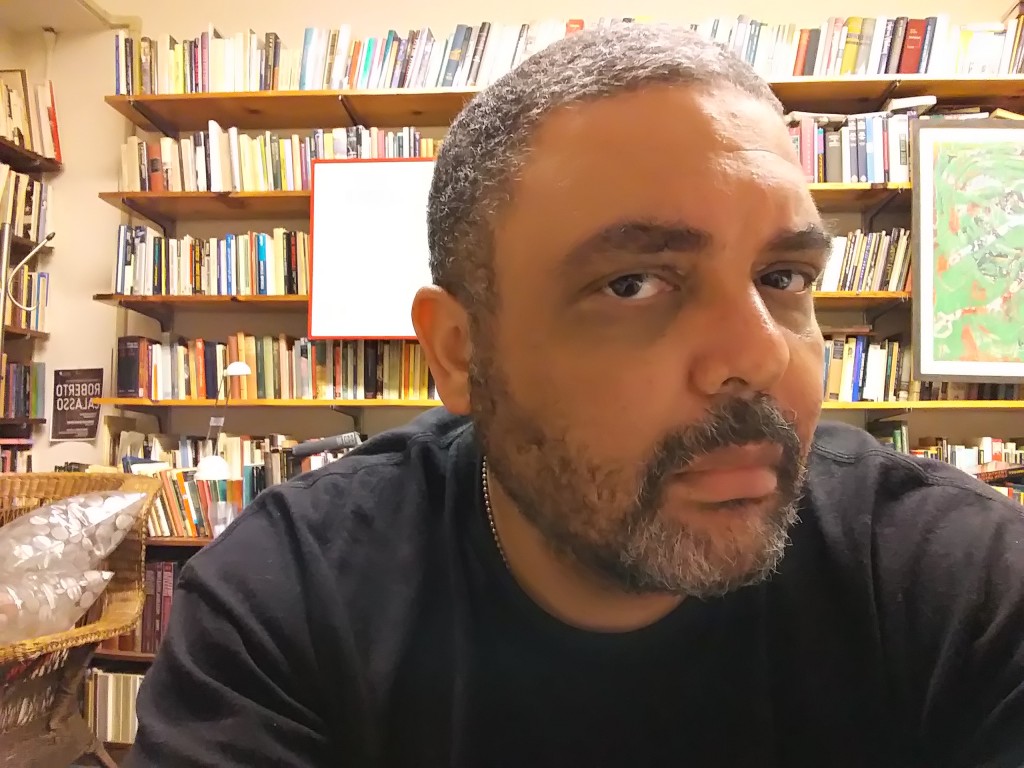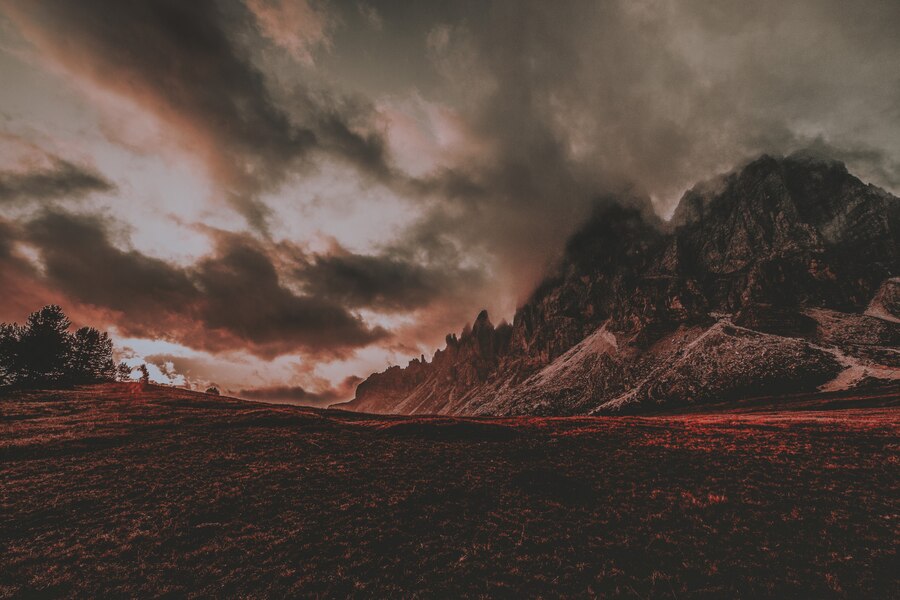(being a continuation of “The Hell Poem,” which nonetheless ends, not to be continued, before this poem begins)
1.
In the morning what I took
To be the morning light
Burned through the ceiling sun-
light through a magnify-
ing glass through paper but
It looked like a film melt-
ing a consuming hole
The robot bird flew down
From the ceiling landed on
My head bent its head down
And whispered in my ear
Wake up you fucker all
Night I had stood awake un-
able to move all night but
As soon as the bird spoke I
Collapsed the robot hovered
Where my head had been
And barked Hurry the fuck
Up follow me and turned and
Flew toward a fissure wid-
ening in the fleshy wall
At first it flew in silence
In front of and above me
Guiding me through a narrow
Tall cave but after we e-
merged into a large chamber
The robot bird transformed
Like Starscream really like
Any Decepticon
Any Transformer really
Except without the whirring
Into a giant human-
oid robot well at least
A really tall one eight
Feet tall at least and gray and
Its arms and legs were thin
As pencils slivers of
What looked like bone white bone
Jutted from its knuckles
Gray like the parts of cars
You’re not supposed to see
Stained with old blood that rust red
Color except it’s oily
You sometimes see in splotches
On new car parts in splotches
On the robot too and stood still
Beside me for a moment
Facing a wide dark pit
In the middle of the chamber
Like an Olympic diver
Standing at the edge of the board
Her gaze fixed neither on
The pool nor any object
In the arena but
Inward instead her eyes
Now signs now metaphors
Of and for visions no
Spectator could imagine
Before she leaps and leaping
Both transcends and makes
More definite the lim-
its of the human body
And then the robot growled
First stop is processing
Down at the bottom of The-
Pit-You-Can’t-See-The-Bottom-
Of is a mountain we’ll
Fall down to the base then climb
Up to the peak from there
We’ll take an elevator
Down to the center of
The mountain that’s the HR
Bunker the boss wants if
The boss’ boss ever shuts
Us down to have a record
He wants some evidence that
It was wrong to open Hell and
It’s wrong to shut it down
He knows he’ll stand before
A judge someday he needs a
Talented HR team
At this the robot turned
To look me in the eyes
And I think saw my pit-
ying confusion since as
It stepped to the black edge
Of the pit it barked Fuck you
You think you know what suffer-
ing is you asshole if
I asked you what it was
You’d probably try to tell me
That’s how I know you don’t
Know shit and then it dove
Into the pit and though
I had followed the bird
Freely I hadn’t been
Bound after it had fallen
Maybe twenty feet
I felt a cord I couldn’t
See unravelling
Before me then I felt
A jolt and a hot sting
As the cord jerked me forward
Too hard and quickly and
Tore through me just above
My hips I saw my legs
Fall then I realized
The rest of me was falling
After them and falling
Faster than they were
And I flipped upside down
And stretched forward to catch them
And caught them by my belt
And gasping flipped myself
Right-side up again
And held my legs beneath
Me by my belt blood sticking
My hands to the belt as I
Fell thinking only were
The buttons on my shirt lined
Up with my zipper straining
To get a good look shiver-
ing shouting down to the robot
Buttons screaming Zipper
2.
I landed on my feet my femurs
Snapped free at the hip and exited
My body through my upper chest
One on each side and just below my
Shoulders each trailing innards streamers
Burst from a party popper the
Torments of Hell setting aside
The screams and all that always were
A little bit funny to see
Like torments in a cartoon fun-
ny and the more torments I suffered
The funnier the suffering
Of others got but not till after
A dozen years or so did finding
The suffering of others funny
Become so funny it became
A source of suffering to me
So that was later now I watched
My femurs rocket forward as
The rest of my bones liquefied my
Eyes sinking in a puddle of
Myself the right femur I think the
Right one flew maybe thirty feet
Before it thudded wetly into
The dirt the left (I had been left-
Handed in life) had slammed against
The back of the robot’s neck and stuck
A moment then slid wetly down
And touched the black dirt the same in-
stant the right femur touched it What
The fuck the giant robot barked as
It turned rubbing its neck to me
Asshole that’s gonna leave a mark as
It barked I felt a tightening
I knew was the invisible
Cord I had felt at the edge of the pit
Even though I had no body it
Constricted my puddle the way a
Drain constricts water and I saw
My femurs flying back to me
And felt my insides hardening
And realized I was watching from
A head again as I watched my
Femurs re-enter me through the holes in
My chest they had made exiting
The coming back together was
Agony greater than the flying
Apart had been and coming back
Together the each part the proc-
ess of it raised me to my feet
Even as my feet were recon-
stituted I flew into me
And even though I felt my bones
Straighten inside me even though
I saw my torso and legs merge
And saw my body still the sound
Of my body reforming sound-
ed like paint splattering inside me
As if my body world in world
Were only chaos flung on bones

Shane McCrae‘s most recent books are The Gilded Auction Block (2019) and Sometimes I Never Suffered (2020), both from Farrar, Straus and Giroux. He has received a Anisfield-Wolf Book Award, a Guggenheim Fellowship, a Lannan Literary Award, a National Endowment for the Arts Fellowship, and a Whiting Writer’s Award. He lives in New York City and teaches at Columbia University.
You can find more from Shane McCrae here.



